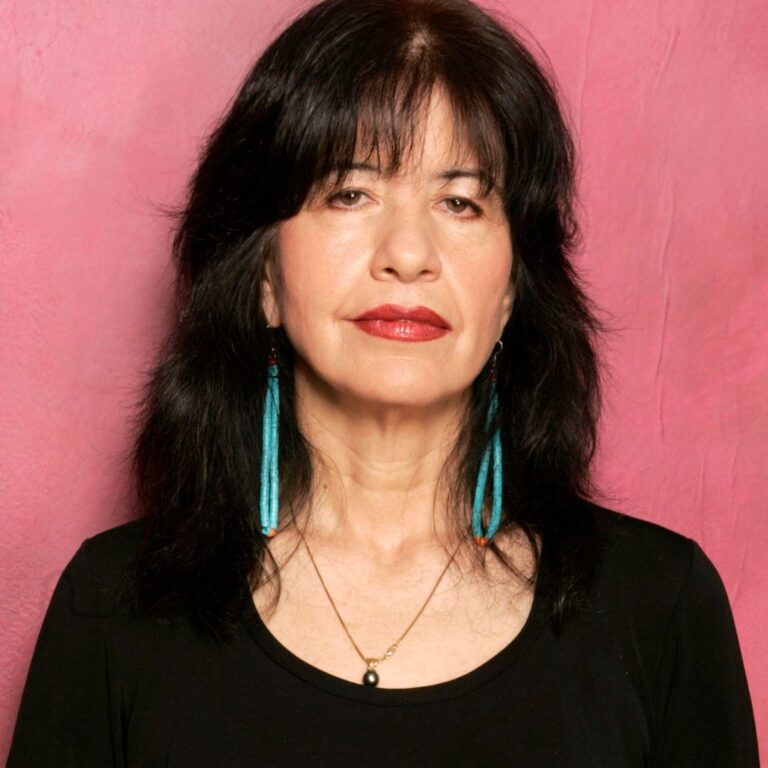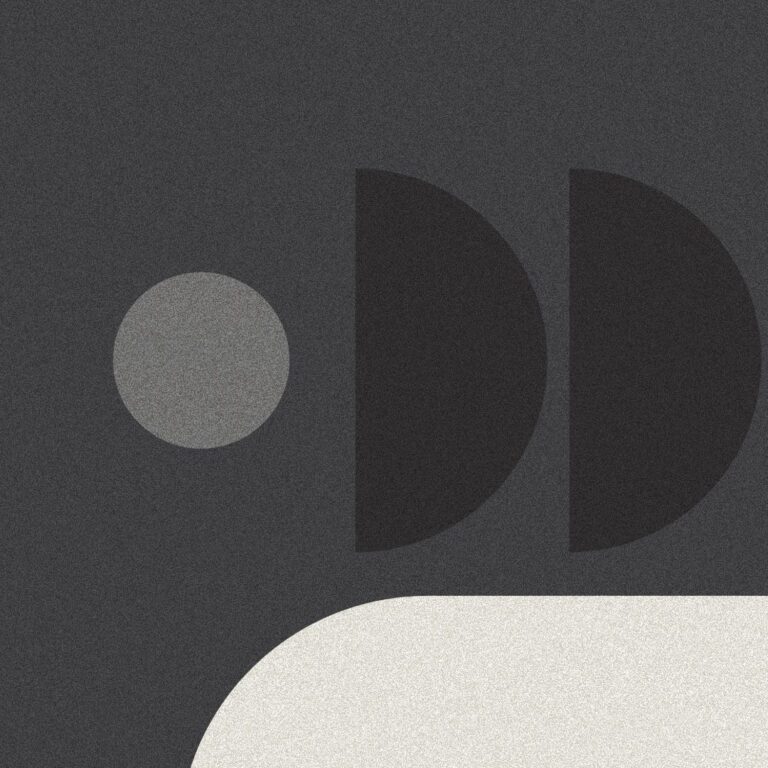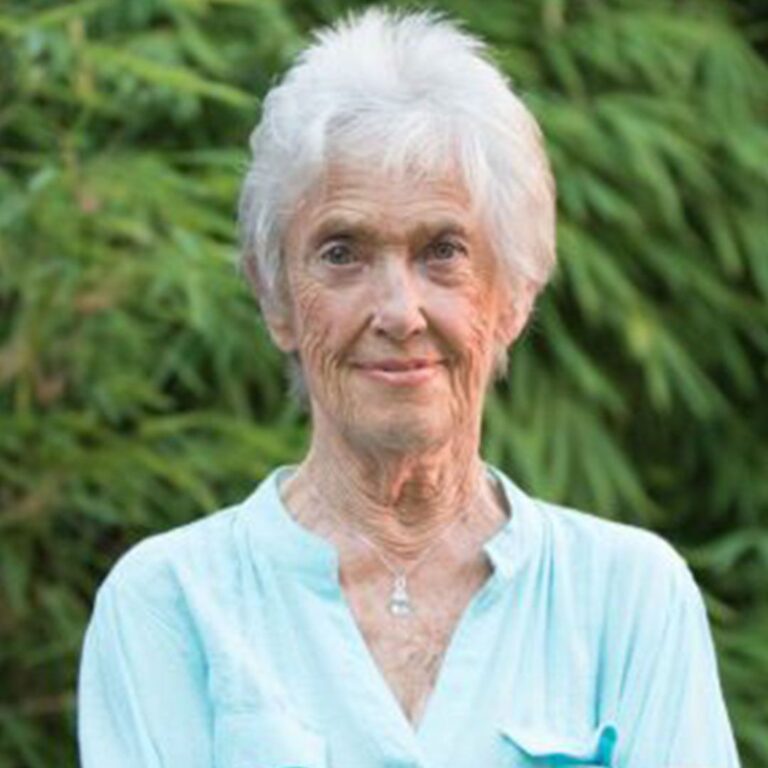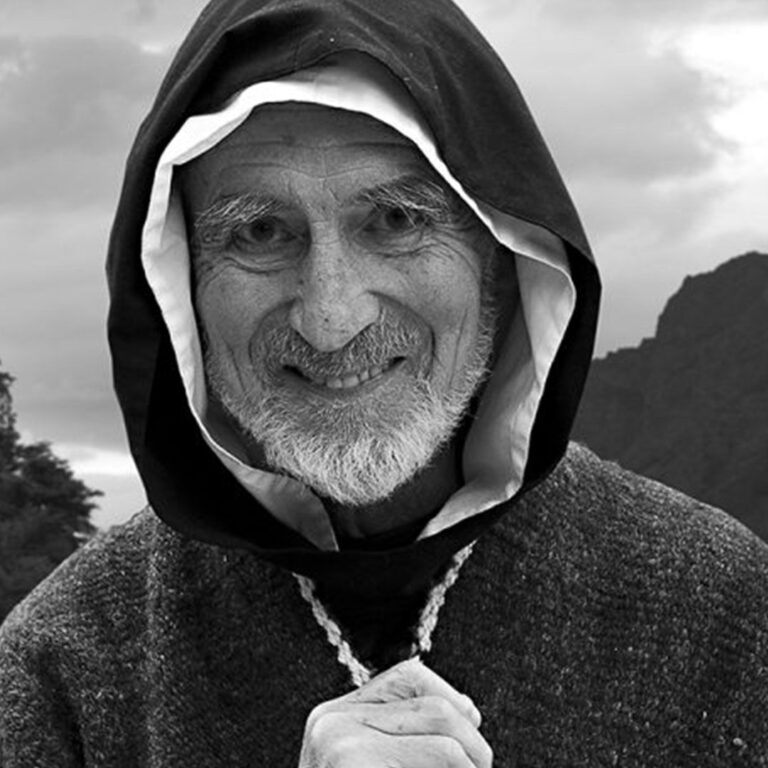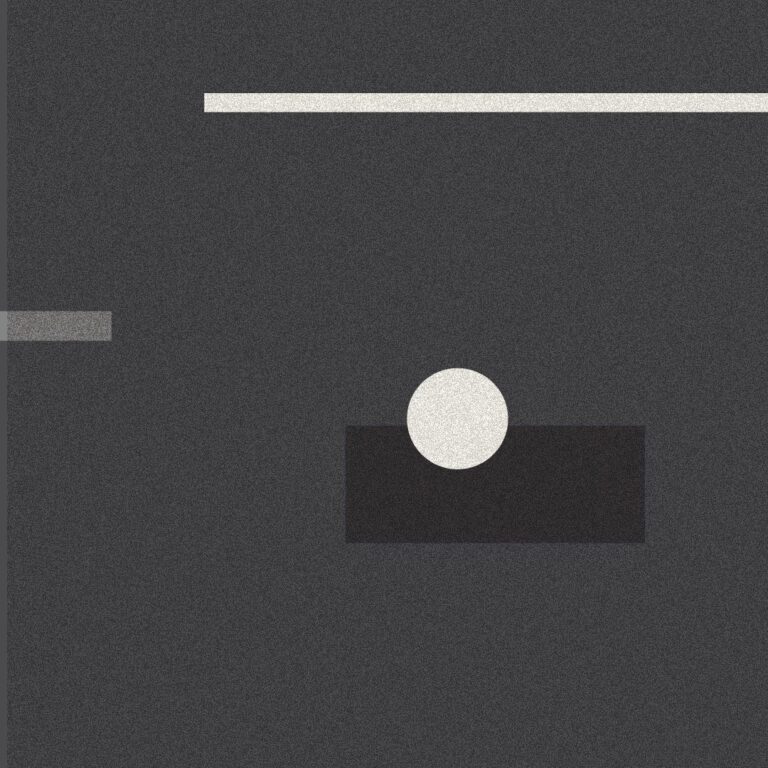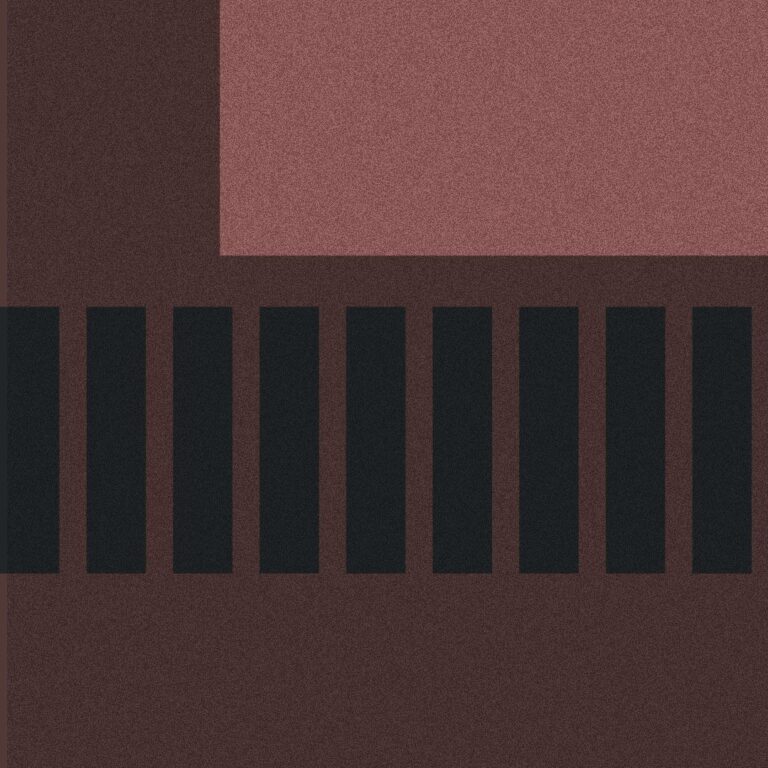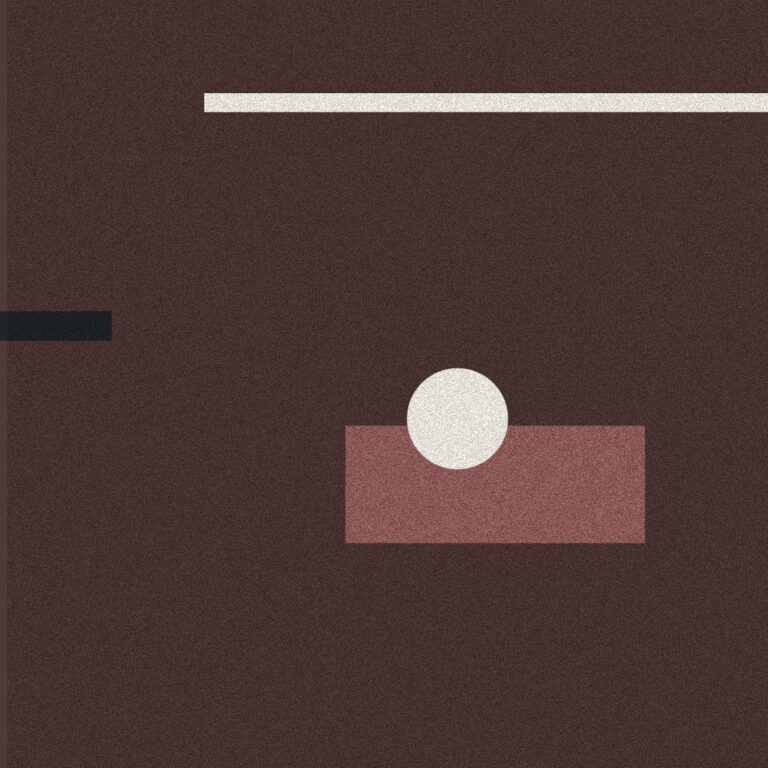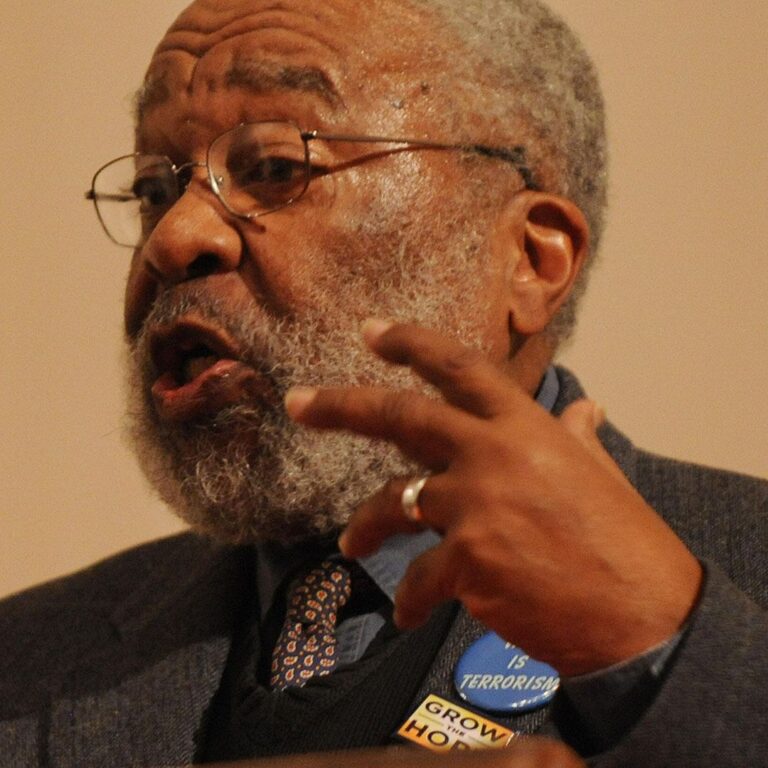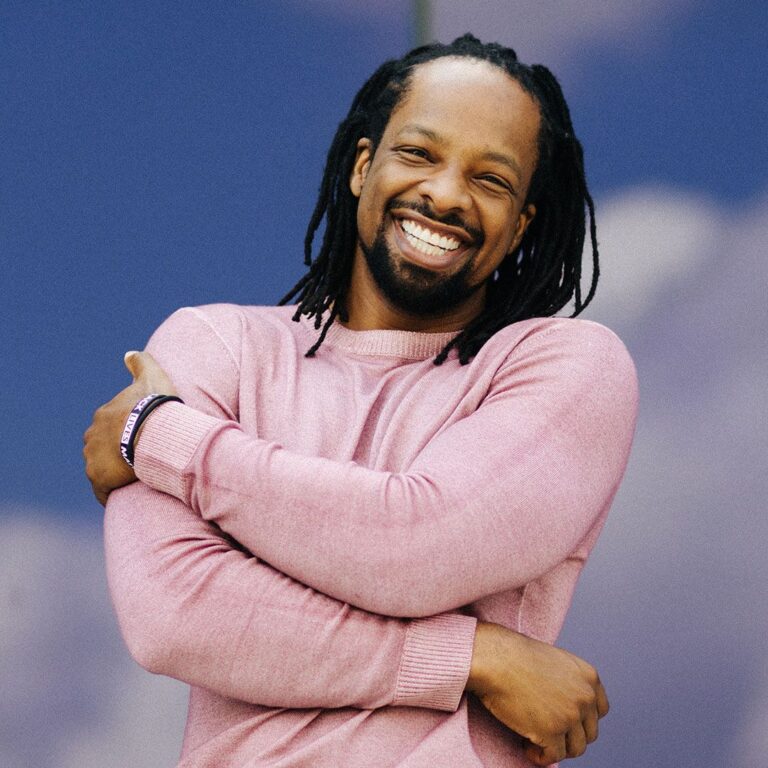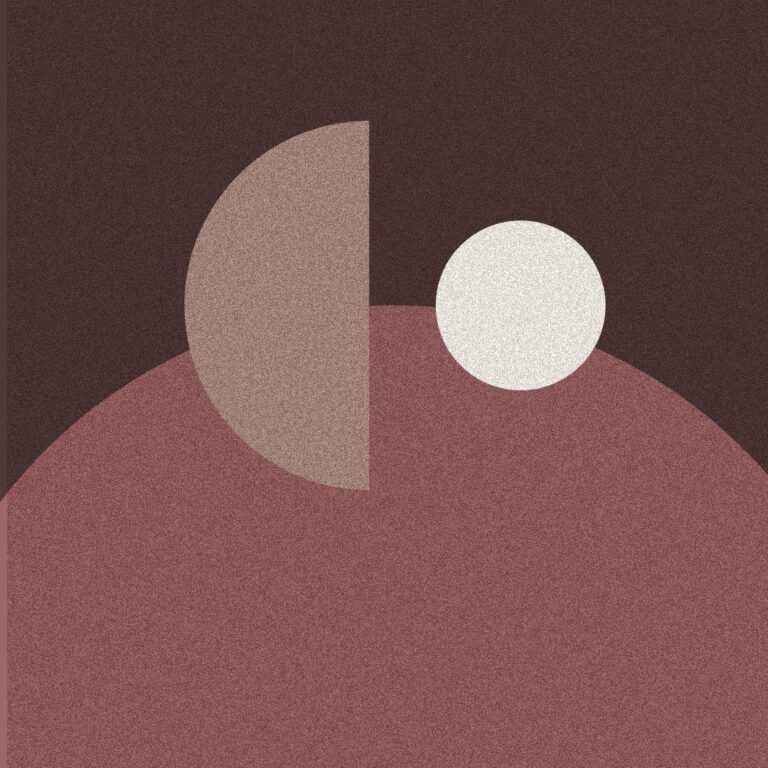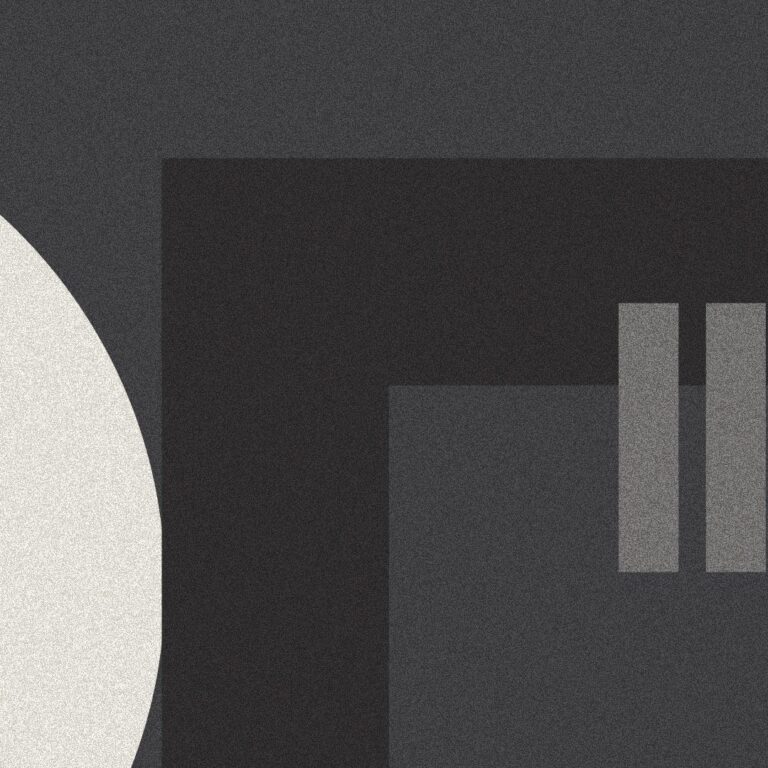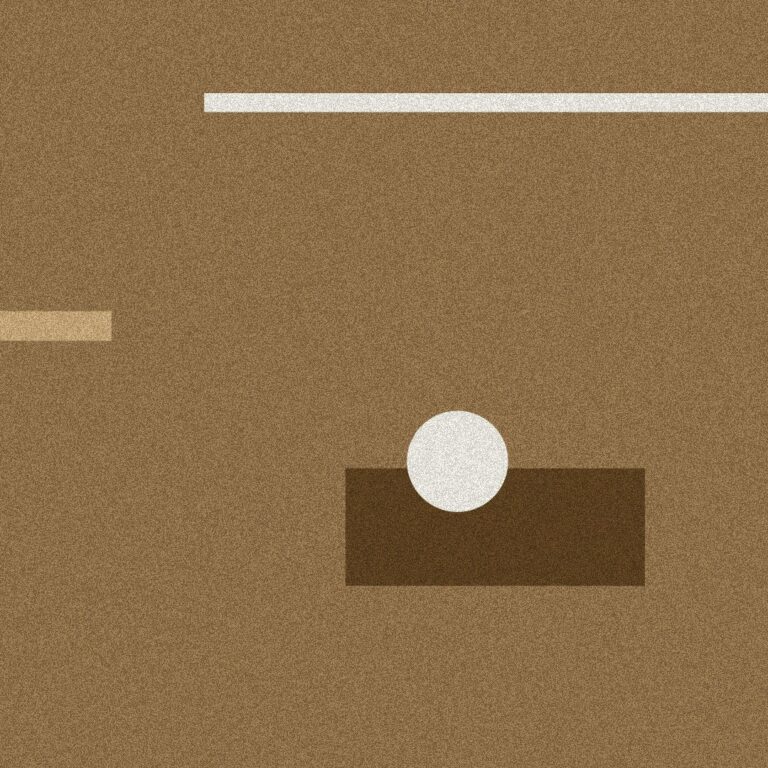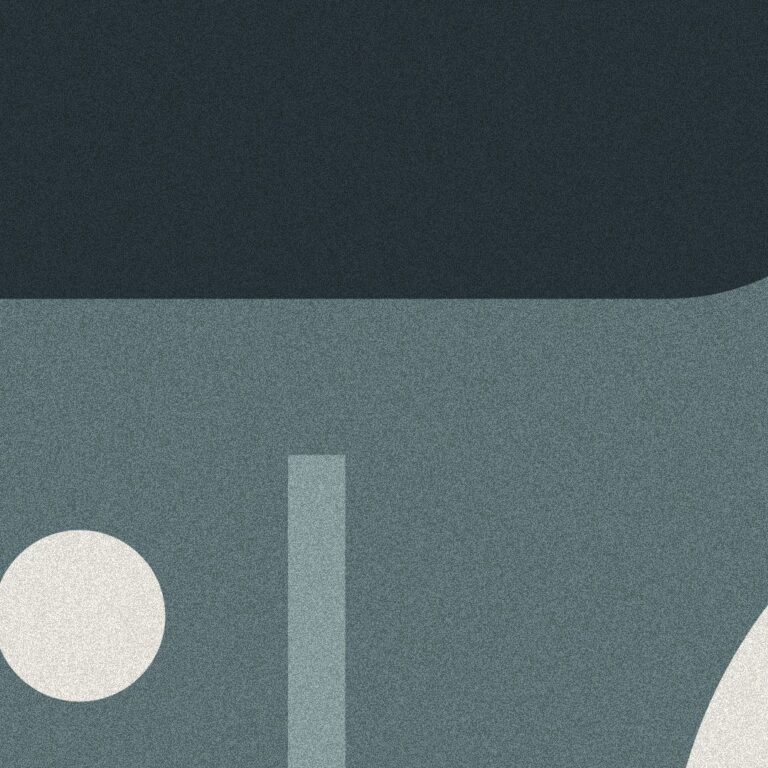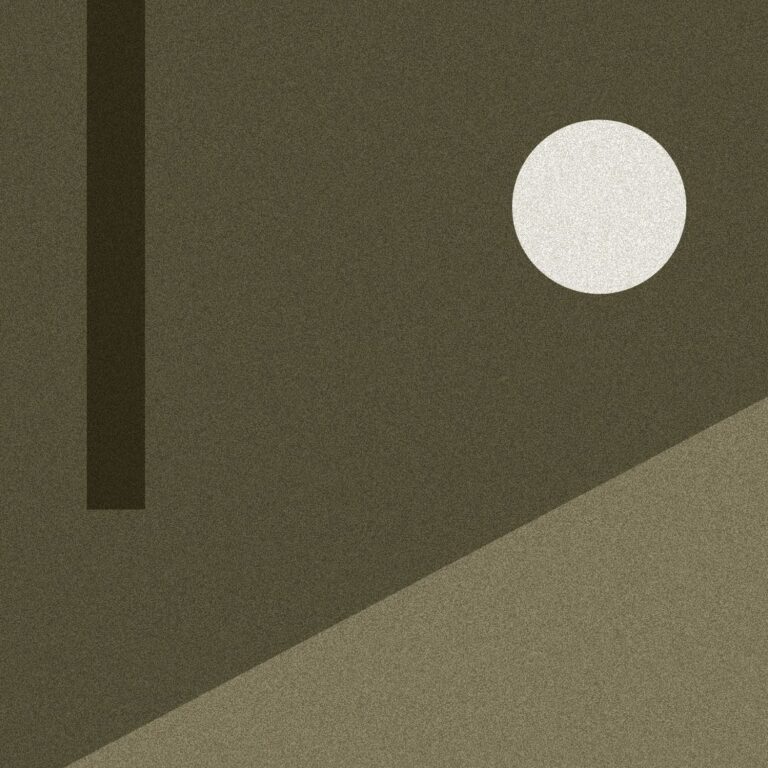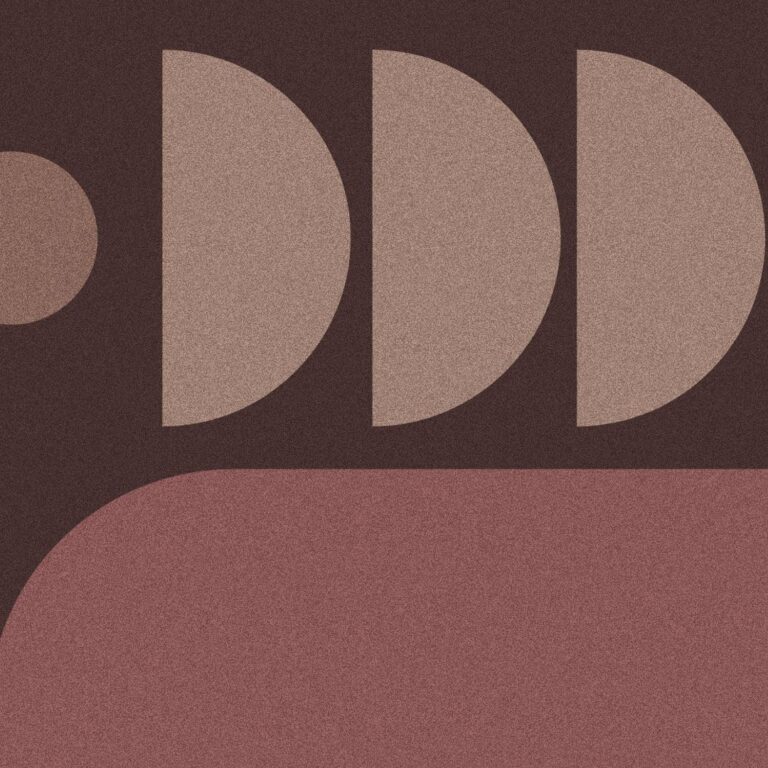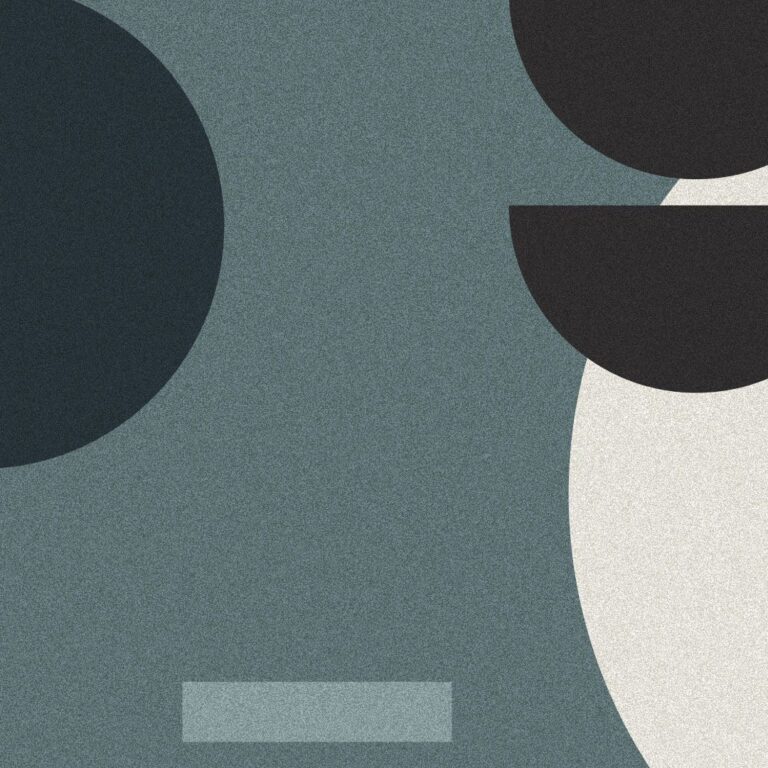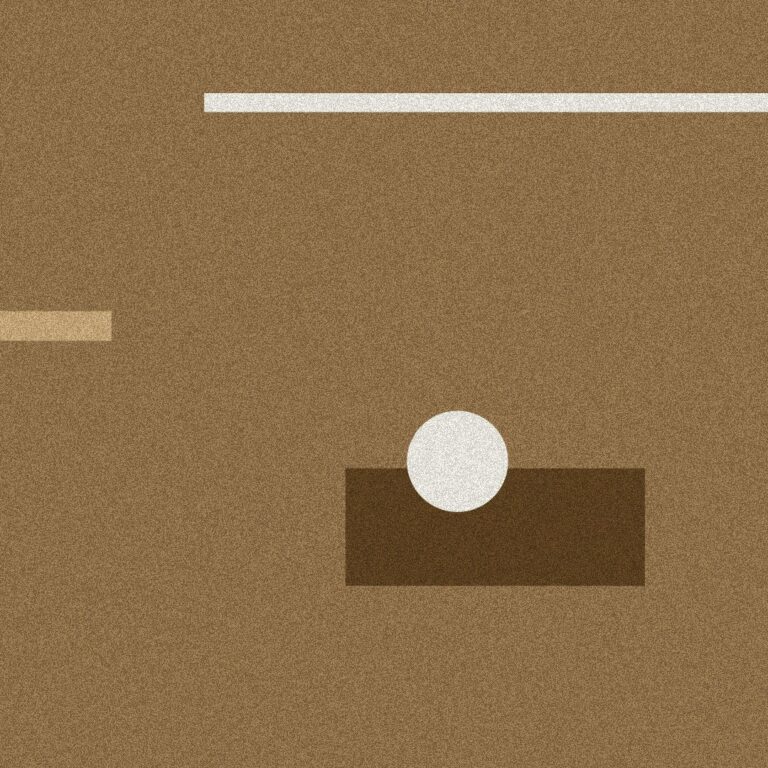| Heart of the Matter
This Wisdom Practice is a wonderful way into the question that so many of us have been asking, so many of us across all of our divides and differences. Seeing the reckonings that are upon us, seeing the repair that we want to happen in our world — how to begin?
The language of hope as a “superpower” could be problematic; one thing we do with virtues and with virtuous people is to put them up on pedestals where what they’re describing and modeling feels inaccessible to the lowly rest of us. But there’s no pedestal here, if you know what Bryan Stevenson’s first counsel is when people ask him, “How do I live this way you live?” How do I develop this muscular hope that is also so pragmatic, and that shifts things in the world? His counsel is: “Get proximate.” Find a way to get proximate to the people in your neighborhoods, your communities, the places where you work, the places where you live — the people who are marginalized, who are excluded.
He’s talking about physical proximity, but what he’s also describing is this connection that is always there with deep ways of living and being, with virtues and moves of character — that what we do externally also involves inward preparation and settling. Getting proximate also means getting spiritually proximate. How do you do that? You get mentally and emotionally present to things that perhaps you haven’t noticed or gotten up close to before. You get curious, which is just this very quiet muscle, this quiet virtue that makes almost all of the other virtues more possible.
The invitation to practice here is to take Bryan Stevenson’s counsel to become proximate into your mind, into your body. Walk around with it. Walk around with it and see what it does inside you, and see what it moves you to see and to do in the world that you can see and touch. That’s the first place, the primary place, any of us are called to be present — for our presence to matter. |


